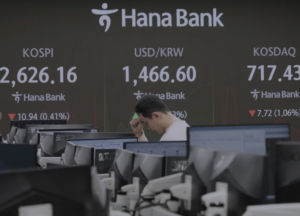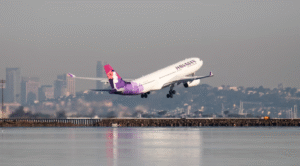Vietnam has announced plans to reduce tariffs on several U.S. products, including liquefied natural gas (LNG), cars, and ethanol, as part of efforts to address its large trade surplus with the United States. The country aims to avoid being subjected to U.S. tariffs due to the surplus, which exceeded $123 billion last year.
In recent weeks, Vietnam has implemented a series of measures, such as increasing imports, to help balance its trade with Washington. These actions come after U.S. President Donald Trump threatened to impose tariffs on trading partners with large trade surpluses.
Under the new plans, the tariff on American LNG will decrease from 5% to 2%, the tariff on automobiles will drop from a range of 45% to 64% to 32%, and the tariff on ethanol will be reduced from 10% to 5%. These changes were confirmed by Nguyen Quoc Hung, the head of the Finance Ministry’s tax policy department, in a statement on the ministry’s website.
The tariff reductions are part of Vietnam’s efforts to improve its trade balances with various partners, according to Nguyen Quoc Hung, head of the Finance Ministry’s tax policy department. Despite having a Comprehensive Strategic Partnership with the U.S., Vietnam and the U.S. have yet to sign a free trade agreement.
Although Vietnam has not yet imported LNG from the U.S., the country has been in discussions with American suppliers as it prepares for its future LNG power plants. The first two of these plants are expected to begin commercial operations by June this year.
Hung stated that the decree regarding these tariff cuts will be finalized later this month and will take effect immediately thereafter.
Vietnam has also decided to eliminate tariffs on ethane and reduce duties on various imports, including chicken thighs, almonds, apples, cherries, and wooden products.
In addition, the government authorized SpaceX to launch its Starlink satellite internet service on a trial basis in the country, while retaining full ownership of the service. This decision was announced in a statement on the government portal on Wednesday.
Analysts view the approval of Starlink’s internet service as part of Vietnam’s strategy to prevent being subject to U.S. tariffs. U.S. President Trump is expected to impose reciprocal tariffs on several countries starting April 2, although he mentioned on Monday that some countries might receive exceptions.














